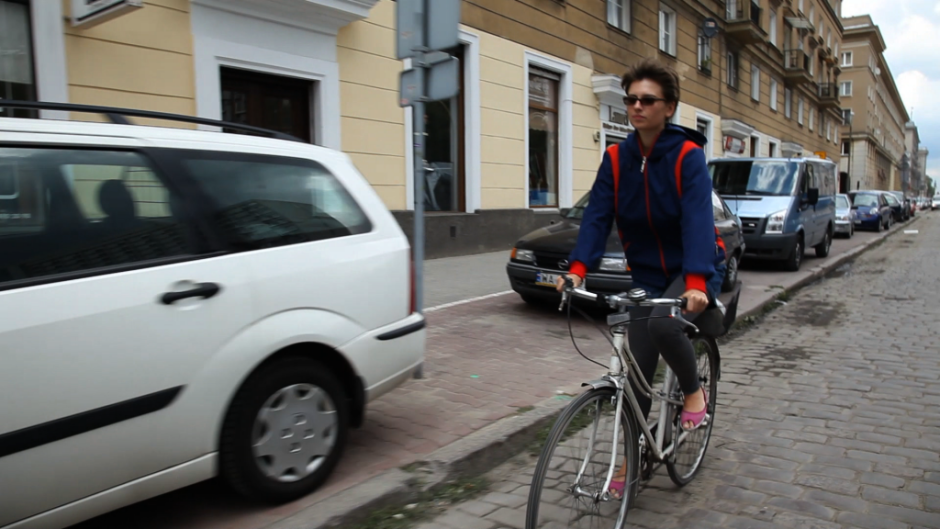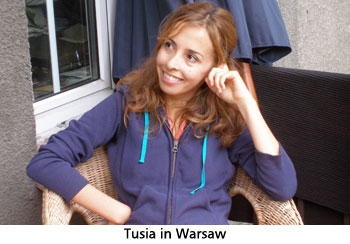Since the fall of communism in Poland in 1989, Poles who had concealed their Jewish ancestry with a zealousness bordering on fear and/or self-hatred have come out of the closet in droves, proclaiming and embracing their Jewishness to various degrees.
The “new” Jews, whatever their Jewish lineage may be, are Jews by choice, says Poland’s chief rabbi, Michael Schudrich, an American who has lived in Poland for about two decades.
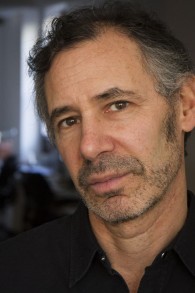
Adam Zucker, a filmmaker from the United States, profiles three of these newcomers, plus a foreigner in Poland who plans to convert to Judaism, in his uplifting documentary, The Return, which is currently making the rounds of film festivals.
Three of his subjects are Polish nationals — Tusia, Kasia and Maria — who found out they were of Jewish origin when they were teenagers. The fourth, Katka, is a Slovakian who was raised as a Catholic and is now engaged to be married to a Polish Jew.
With the exception of Katka, they’re looking for their ancestral roots in a country whose Jewish population was decimated during the Holocaust. In 1939, Poland was home to 3.3 million Jews. The figure has since dwindled to anywhere from 7,000 to 25,000.
Zucker’s engaging movie, shot on location in Poland, Israel and the United States and bolstered by evocative pre-World War II photographs and film footage of Polish Jewish life, focuses on Poles whose ancestors detached themselves from their Jewish identity for whatever reason.
Tusia, a resident of Warsaw whose mother is Jewish, discovered she was Jewish when her grandmother blurted out the news just before her death. After the divorce of her parents, she moved between Warsaw and Brooklyn, learning to speak idiomatic English. The Return opens as Tusia — a novelist — and her boyfriend visit Otwock, a town near Warsaw that once served as a summer resort for Polish Jews.
Kasia, whose father was Jewish, is a graduate student from Krakow who’s studying Yiddish. She believes, not without reason, that you can be Jewish without being religious. She tests that belief on a trip to Israel, where she meets her husband-to-be.
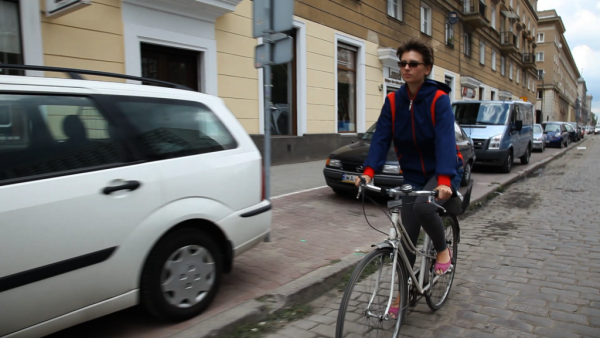
Maria, a single mother, was brought up with an awareness of her Jewish background, but her grandmother, a Holocaust survivor, preferred to keep her Jewish ancestry a secret. Maria’s mother and grandmother were aghast when Maria told them she intended to marry an Orthodox Jew and adopt his beliefs and customs.
Katka’s path to Judaism passed through her Polish Jewish fiance, whom she met at a conference in the Czech Republic. As The Return unfolds, she moves closer to Judaism and conversion. In her view, it’s “cool” to have Jewish, black and gay friends in contemporary Poland.
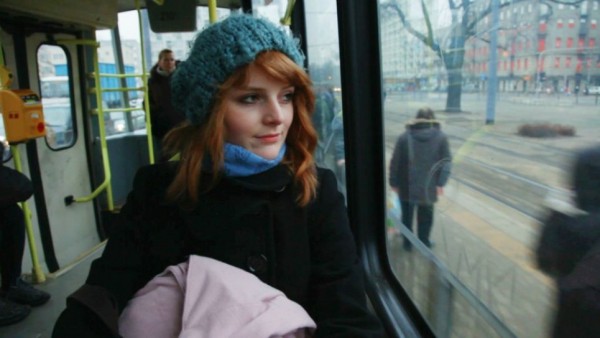
Philosemitism, to which she refers obliquely, is a topic that inevitably crops up in Zucker’s film. He leaves the impression that some Polish Catholics are drawn to Jewish culture because it taps into their Catholic piety, socialism or sense of social justice.
He also leaves us with the troubling thought that Jewish heritage tours of Poland tend to dwell on the Holocaust at the expense of the Jewish revival in Poland and thus do a disservice to both Jews and Poles.
He’s right, of course.
